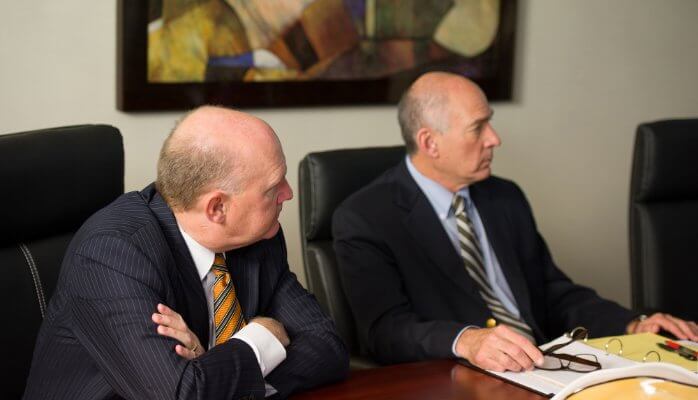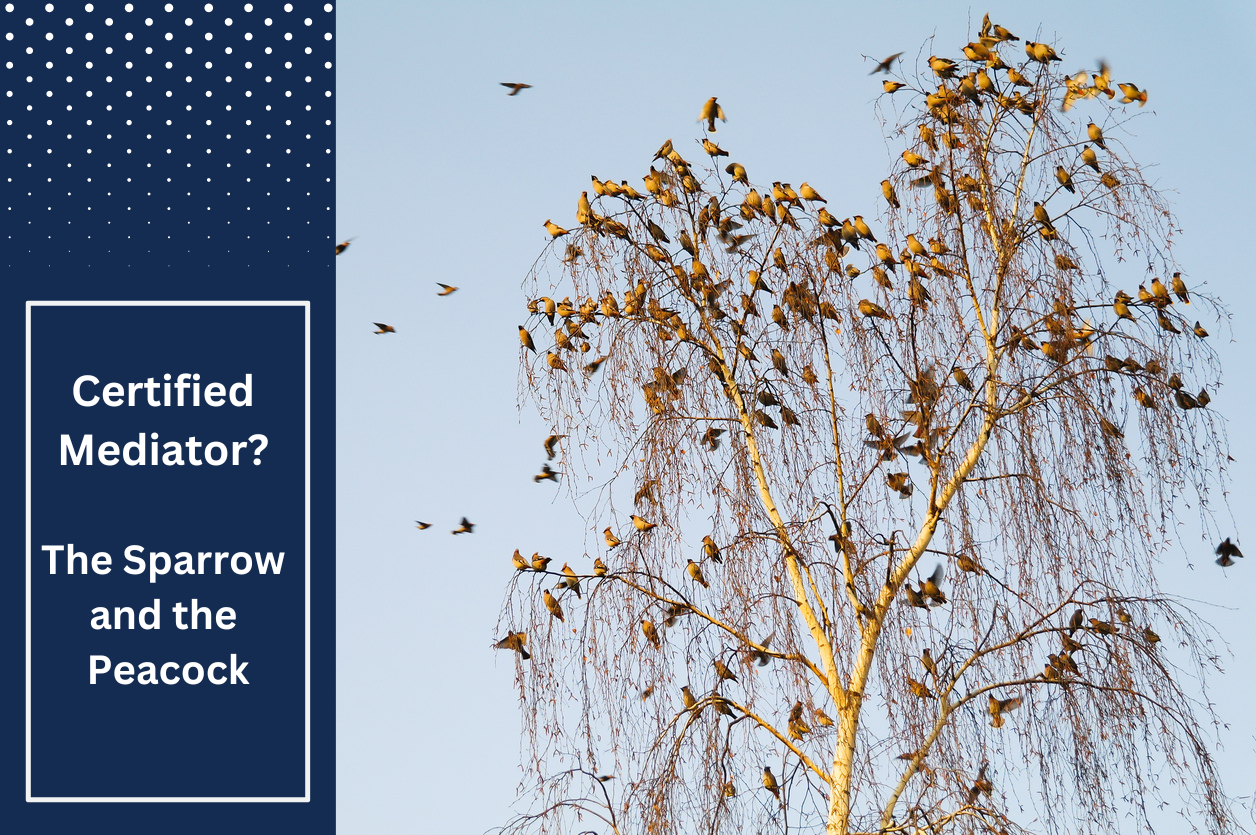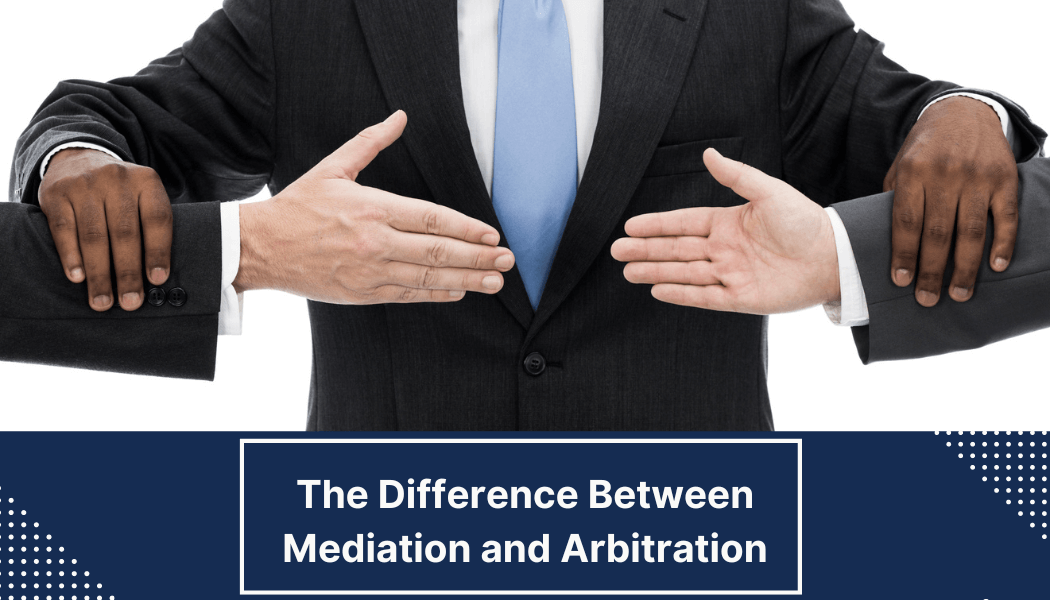Many attorneys ask the question, “What does it mean to effectively represent a client in a mediation?” During the mediation process, a client’s attorney may need to fill the roles of process designer, client counsel and traditional advocate. This post examines these multiple roles and offers practical advice on how the client’s attorney can most effectively use the mediation process to create a “win, win” for their client.
When should mediation be initiated?
There is no single, best answer to this question. More and more, courts are adopting mandatory requirements for mediation. In cases where mediation remains discretionary, most parties initiate mediation at one of the following critical junctures in a case: At the outset following a demand letter or service of the complaint, just after a dispositive motion has been filed and is pending, after the completion of limited but critical discovery, or on the eve of trial following the completion of expert discovery. The experienced attorney, in consultation with his or her client, usually opts for mediation at the earliest possible stage that makes strategic sense.
What should the mediation process look like?
Fundamentally, mediation is a voluntary, nonbinding process using a neutral third-party to guide the parties toward a mutually beneficial resolution of their dispute. But no two mediation processes are quite the same.
In smaller, more straightforward cases, the parties may proceed directly to mediation with little, if any, advance contact with the mediator. The mediation will usually begin with a joint session attended by all participants, followed by private confidential caucuses between the mediator and each side.
In larger, more complex cases, the mediator or the client’s attorney should initiate a conference call or meeting with all parties to establish the framework for the mediation process. Central questions to be discussed include: logistics, use of experts, and the mediators role. Then, a mediation process can be designed that meets the needs of the parties, with the approval of all participants.
How to select the most appropriate mediator?
Perhaps nothing is more critical to the outcome of the case than selecting the right mediator. Most attorneys would agree that shopping for the right mediator involves a search for someone who exhibits the following traits:
- Provides impartiality and fairness while creating a safe environment for dialogue.
- Demonstrates the ability to quickly analyze complex problems, while getting to the case’s core issues and the parties’ true interests.
- Aids the communication process by critically listening, offering feedback, and negotiating in a manner that preserves trust and confidence.
The client’s attorney should seek a mediator who possesses the right mix of process and substantive expertise as well as someone who has historically displayed the appropriate temperament to deal with the unique blend of parties and issues presented in the case. There are mediators who may or may not use private caucuses, offer evaluative opinions, or employ a variety of other negotiation techniques. As a result, the client’s attorney must seek out information about potential mediators from anecdotal experience, peer reviews, and even direct interviews before making a recommendation.
How do I get the other parties to the table?
Studies have shown that mediators are significantly more successful at getting parties to the mediation table than an individual attorney. By having the mediation firm contact the other parties, the initiating party can avoid the appearance of weakness sometimes thought to be associated with suggesting a settlement. The experienced attorney understands that getting everyone to the table is a valuable service offered by the mediation firm, and leaves the process of case convening to the mediator.
Who pays for mediation?
Like most professions, mediators represent a full range of quality and price. Who pays the mediation fee is often the first negotiation between the parties. Mediators either charge by the hour or a flat fee for an unlimited day’s work. Occasionally, a mediator may base his or her fee on the successful outcome of the mediation. Any specialty fee arrangement, where the mediator has a stake in the outcome, presents obvious ethical concerns and should be avoided.
How do I prepare my client and my team for mediation?
Effective representation of a client at mediation starts long before the parties are gathered around the table to discuss settlement. Once the parties have agreed to attend the mediation and the date has been set, a client meeting should be scheduled to identify potential barriers to settlement, establish realistic but effective settlement goals, and map a tentative strategy for accomplishing those goals. The client’s attorney should prepare a checklist of arguments specific to each party that will motivate settlement. These arguments will later assist the mediator in working with the parties to encourage movement toward settlement.
A decision should be made whether the client should participate in the mediation process. The value of direct client participation at mediation, if properly handled, cannot be over emphasized. A sympathetic plaintiff speaking directly to the defendants or a corporate representative making a heartfelt apology to an injured party can sometimes do more to soften a stubborn adversary than the most persuasive legal document.
Mediation briefs
The mediation briefs are a central tool for the mediator to use in understanding the factual, legal and practical issues affecting settlement. An experienced attorney understands that a short, concise statement of material facts, applicable law, damages and settlement expectations, wrapped in a historical overview of the case, will significantly advance their client’s prospects for settlement. Mediation briefs may be accompanied by documentary evidence, transcripts, videotapes or a variety of other exhibits.
Joint meetings in the mediation process
Mediation in a complex case typically begins with all parties, their attorneys and occasionally experts assembled for a joint meeting to present the facts and legal arguments to the other parties, attorneys and to the mediator. The magic of the mediation process evolves from this opportunity to address all participants to the lawsuit to explain the client’s position without interruption or evidentiary constraint. It is critical that the client’s attorney take full advantage of this opportunity.
The attorney’s opening statement, although addressed to the mediator, is really directed to opposing parties and counsel. Sensitivity to emotional “hot buttons,” coupled with an effort to balance a forceful statement of the client’s position, with the willingness to admit real risks, helps establish credibility and develop momentum toward settlement. Individual parties may be given an opportunity to participate in the opening statement or simply respond to questions by the mediator. While the client’s attorney may believe that the client’s participation should be limited, it is important to consider the mediators role in making the party feel safe and thereby comfortable in participating. No doubt, mediations that focus on the parties’ self-determination have a greater chance of success.
Private caucuses
Following the joint meeting, particularly in a commercial mediation, the mediator will typically separate the parties and began meeting with them in a series of private, confidential meetings, or “caucuses.” In the caucuses, the mediator works with each side to discuss the strengths and weaknesses of the case and explore settlement opportunities. The client’s attorney can use these private caucuses to convince the mediator that he or she has a clearer view of the issues than his or her adversary. Developing credibility with the mediator is fundamental toward achieving their client’s objectives.
A key role of the client’s attorney in the private caucus is to arm the mediator with sufficient ammunition, in the form of legal arguments and factual information, to obtain movement from the other parties. A skilled mediator will scrupulously preserve confidence throughout this information exchange and only disclose information that he or she is authorized to share with others.
Practical considerations during continued caucusing
In many instances, a mediator will conduct dozens of private caucuses in order to orchestrate a settlement. Experienced attorneys will make a realistic assessment of the time needed to work through the legal, financial and emotional issues involved in the case and will prepare themselves and their clients accordingly. Patience and persistence should be the goal of every participant in the mediation.
In many mediations, there comes a time when the parties realize that they cannot obtain a settlement consistent with their premeditation expectations and that further compromise is necessary. Experienced attorneys are prepared for this dynamic and will assist their client to stay on course and work through this difficult stage.
Closing the mediation
The goal of mediation is to obtain a durable settlement agreement acceptable to all parties. Experienced attorneys live by the cardinal rule: never leave the mediation without a signed, binding agreement. At minimum, this requires knowledge of local laws governing the enforcement of the settlement agreements reached at mediation.
In the event that no settlement is achieved, be prepared for the mediator to push the parties to reconvene to continue settlement efforts. The client’s attorney will need to assess, with input from the mediator, whether additional mediation efforts will be productive.
Conclusion
Attorneys must evolve beyond a set of skills honed through years of advocacy in the traditional court setting. To effectively represent their clients in mediation, attorneys must become fluent in the roles of process designer, negotiator, and mediation advocate. Only by developing and perfecting these skills, can the attorney hope to assist his or her client to win in mediation.
Bruce A. Edwards is an ADR industry pioneer and recent chairman of the board of directors of JAMS, this country’s largest private provider of ADR services. Along with his wife, Susan Franson Edwards, Mr. Edwards recently cofounded Edwards Mediation Academy, an online education platform dedicated to improving the skills of mediators around the world.





